Investing
This One-Kilometer-Tall Building Is Under Construction, but It Won't Be the Tallest
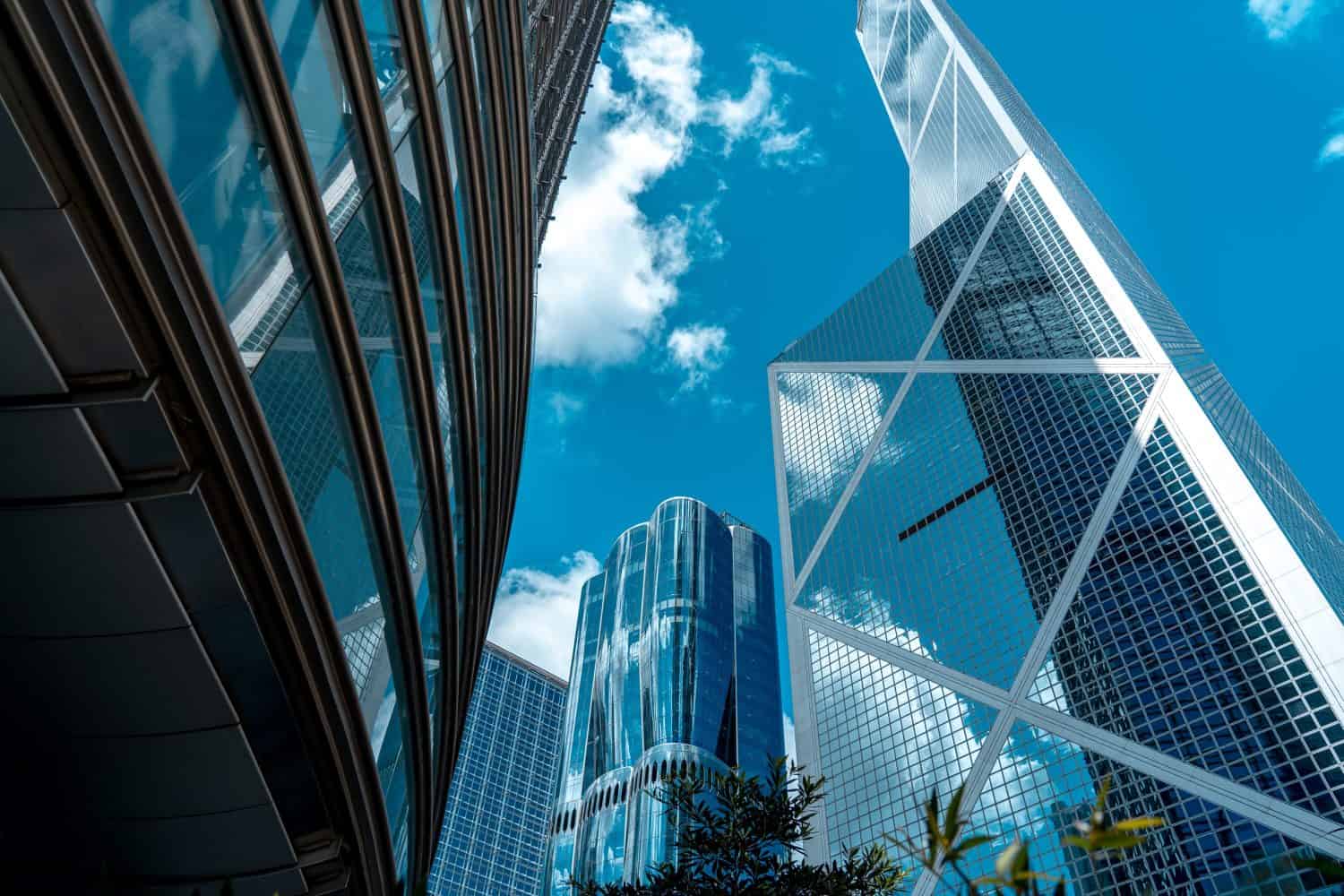
Published:
Last Updated:

The tallest building in the world today is the 828 meter (2,723-foot) Burj Khalifa in Dubai. But not for long. Three new buildings at various stages of construction will soon surpass it . . . and all three will be over 1 km tall! Where, and why, are they being built?
24/7 Wall St. Insights
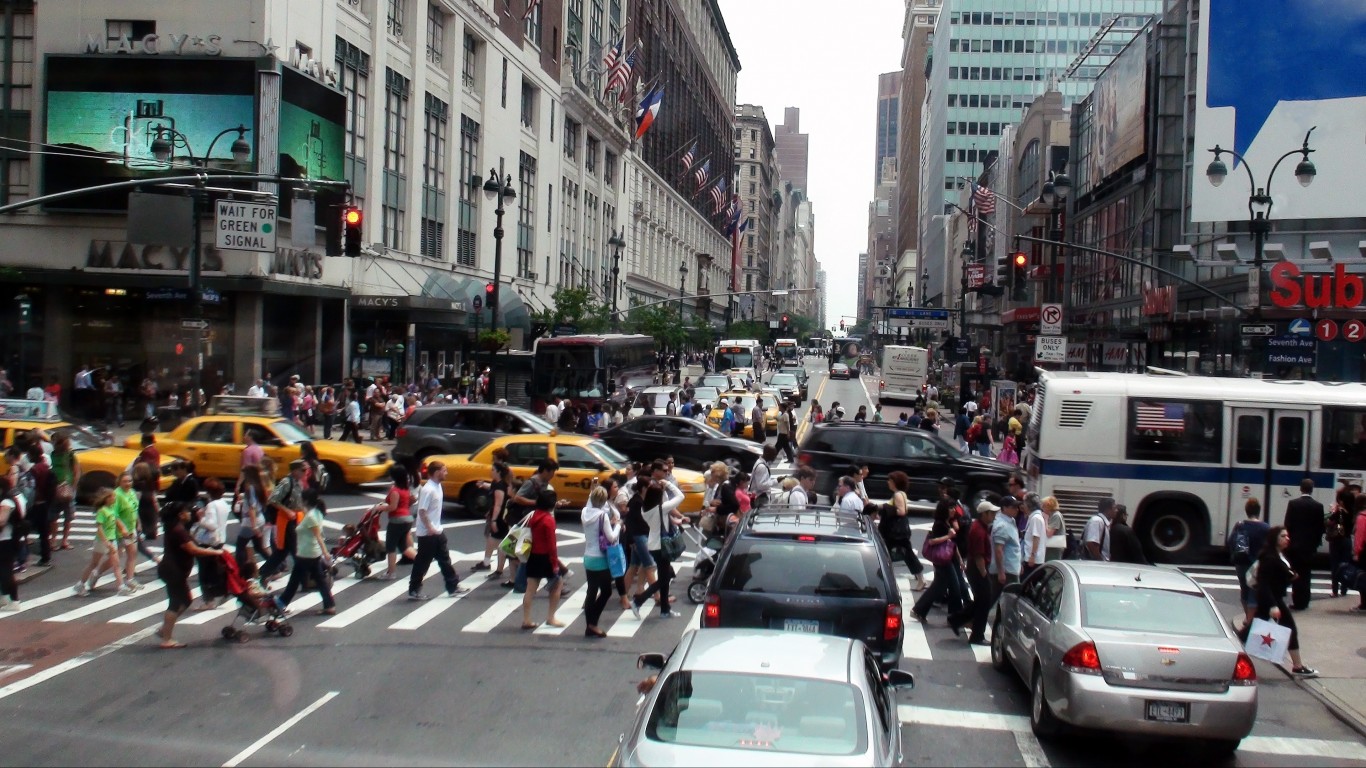
Skyscrapers are usually built in crowded urban areas where the price of land is so high it becomes cost effective to build upward. This requires that there be enough demand for office space, hotel rooms, stores, and residential apartments at high enough prices to make the construction cost profitable, even if it exceeds a billion dollars.
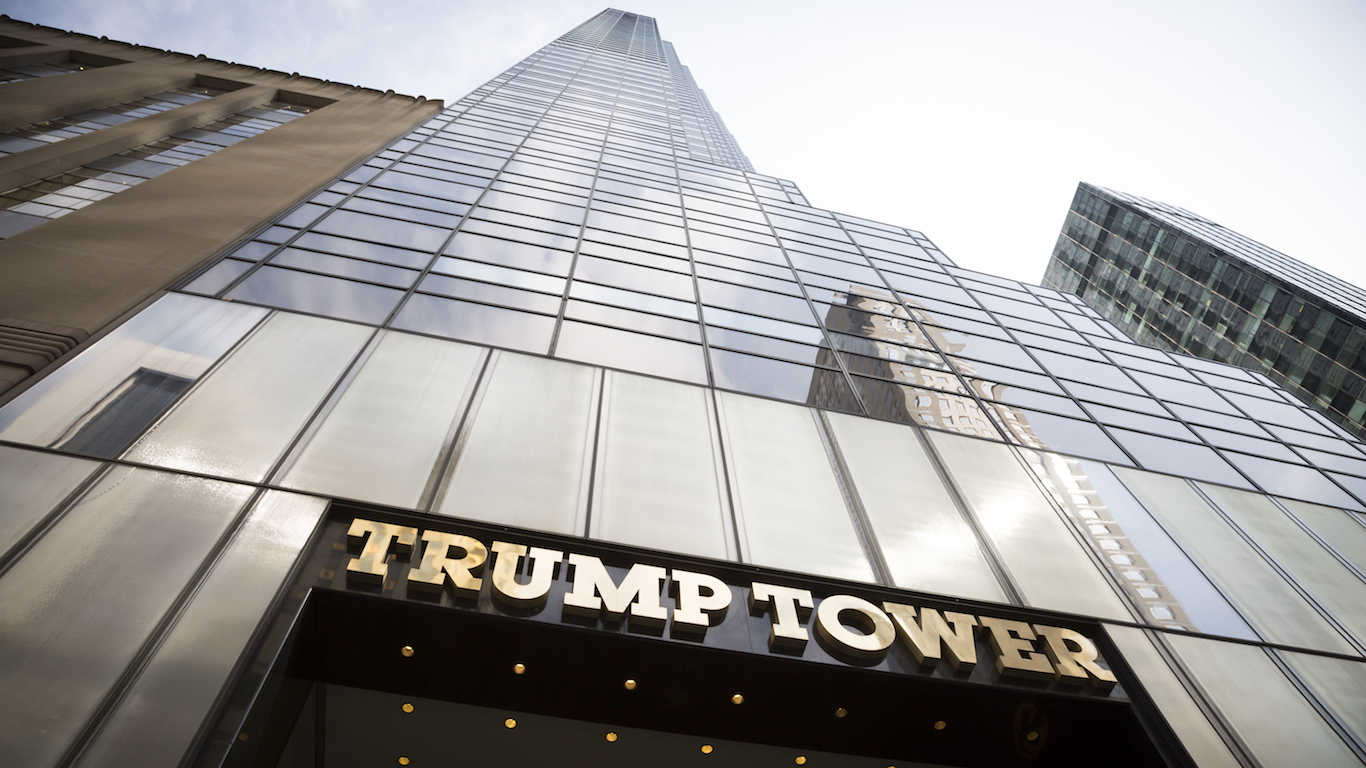
In some places, there actually is enough affordable land for building, but a business or a country might want to put itself on the map with super-tall structures that get them into the global press. Tall buildings can be a symbol of power and status, a statement of superiority over local rivals. They can also project an air of modernity to the world, attracting foreign investment and impressing diplomatic missions from other countries. The benefits to the country internationally from this kind of status can be far greater than the value of rents collected from tenants.
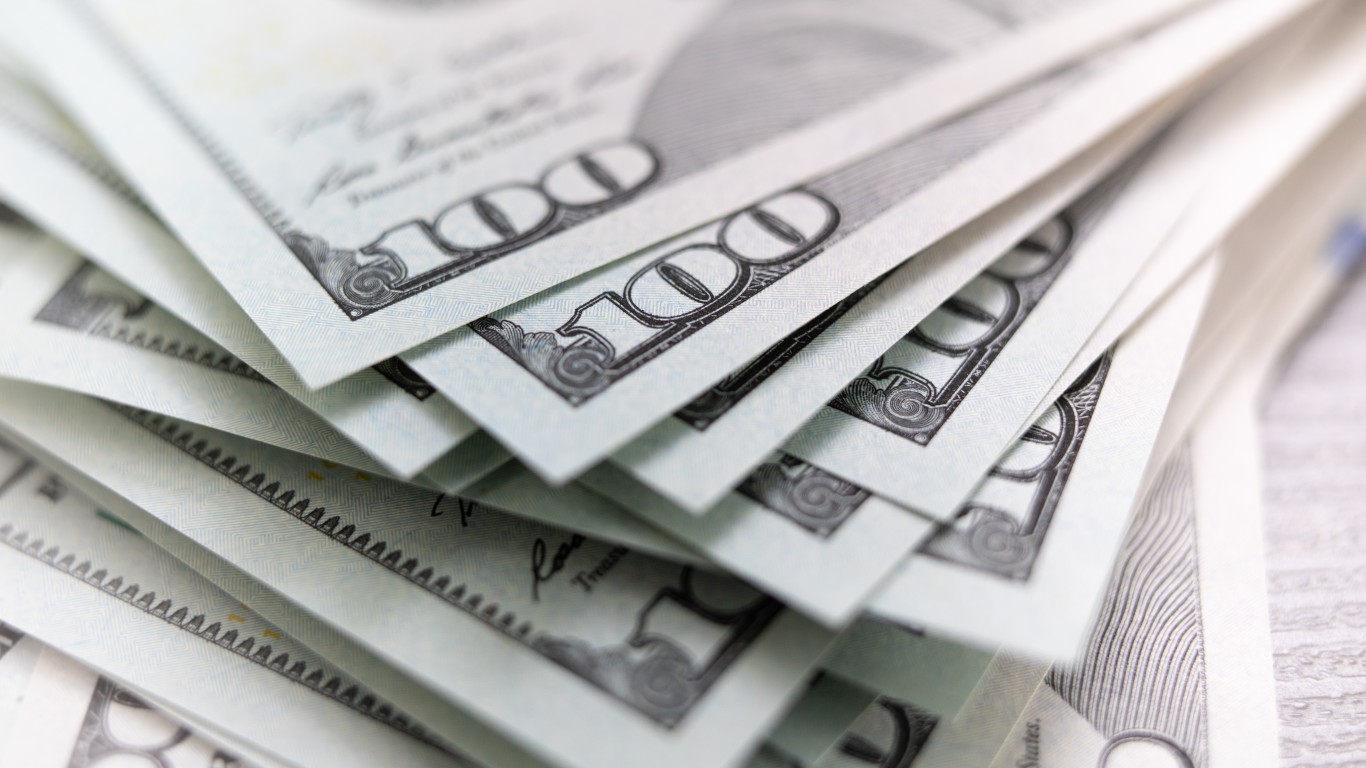
Materials and maintenance are much higher in mega skyscrapers than more modest buildings. The construction cost of the new World Trade Center in New York City was $3.9 billion.

Tall buildings may exceed the demand for office and residential space and some floors can remain vacant for years. This creates different maintenance issues and reduces the building’s profitability.
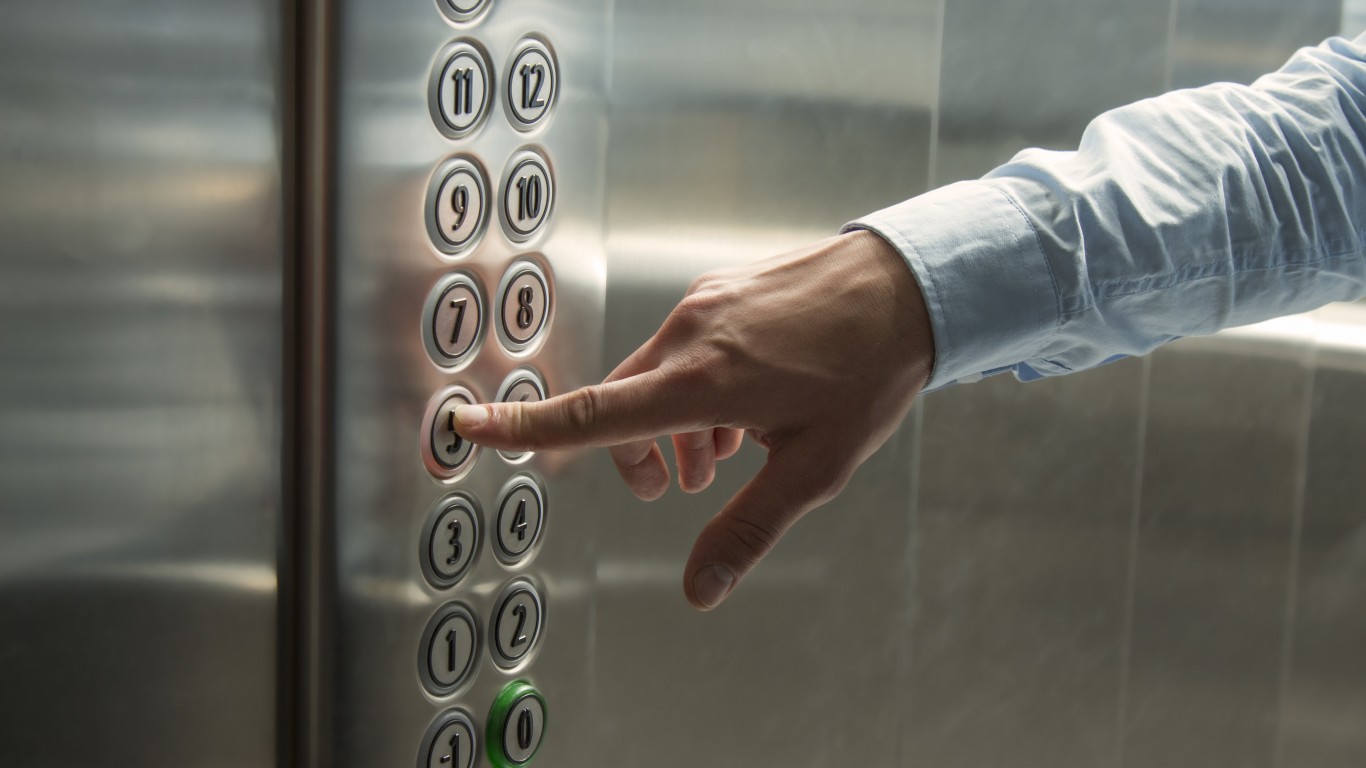
When buildings are too tall, elevator wait times can be long and people might have to exit and ride more than one elevator to get to the upper floors. But if elevators travel too fast they can also cause discomfort to passengers.
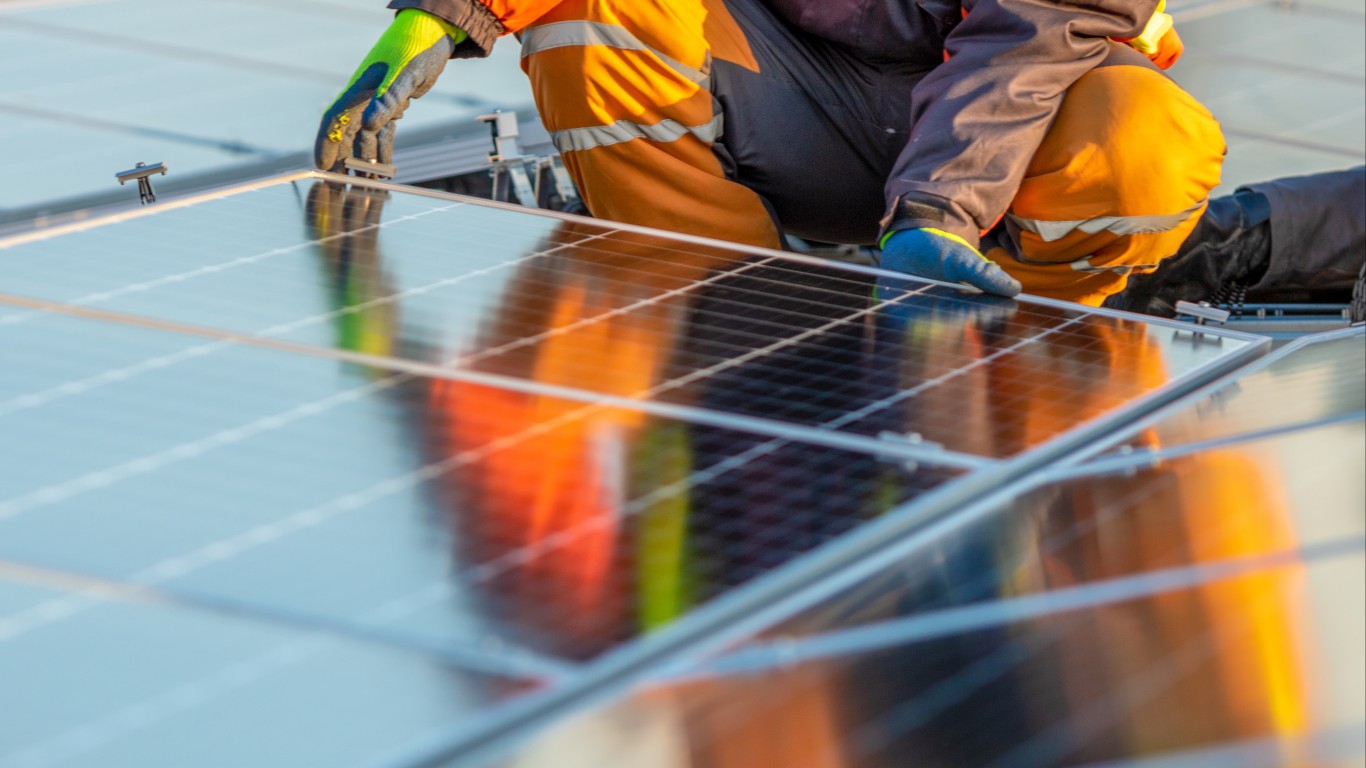
Skyscrapers not only use a lot of materials and energy to build and maintain, but they also cast long shadows and reflect bright sunlight in ways that disturb people in other parts of the city. They disrupt windflows in ways that can damage other buildings or create inconvenient gusts at street level.
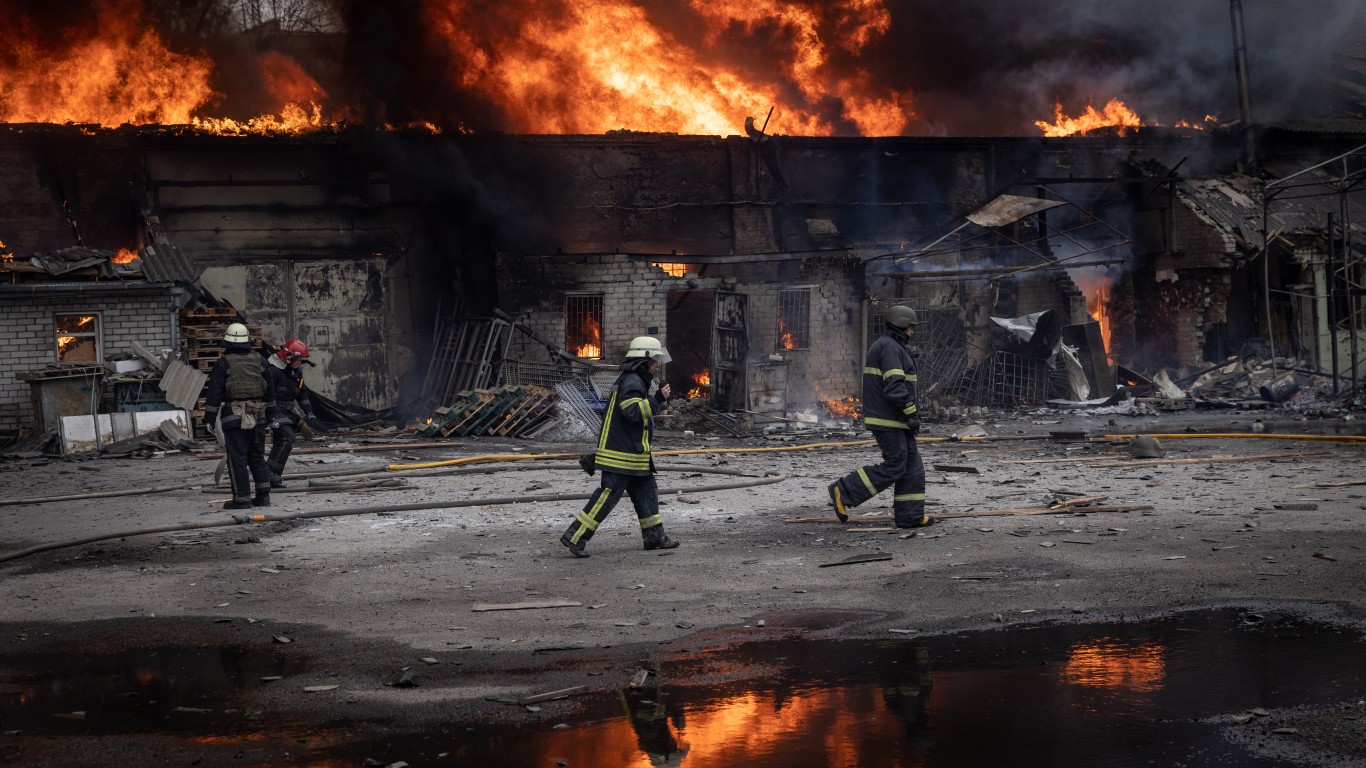
In the event of a fire, natural disaster, plane crash, or an act of terrorism or war, tall crowded buildings are difficult to evacuate and can result in mass casualties. The 9-11 attacks on the World Trade Center graphically illustrated this.
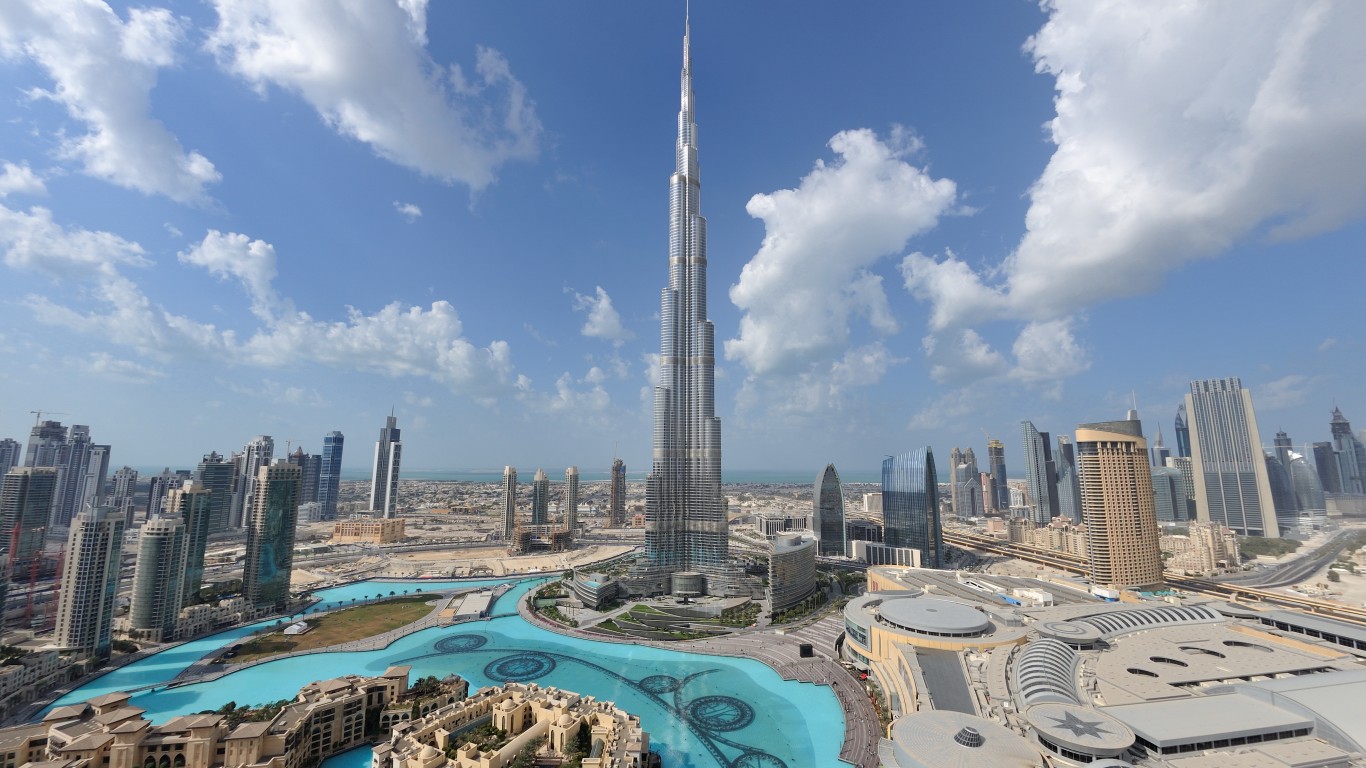
Here’s what you need to know about the Burj Khalifa in Dubai, United Arab Emirates:
Now check out these three buildings that will be taller than the Burj Khalifa.
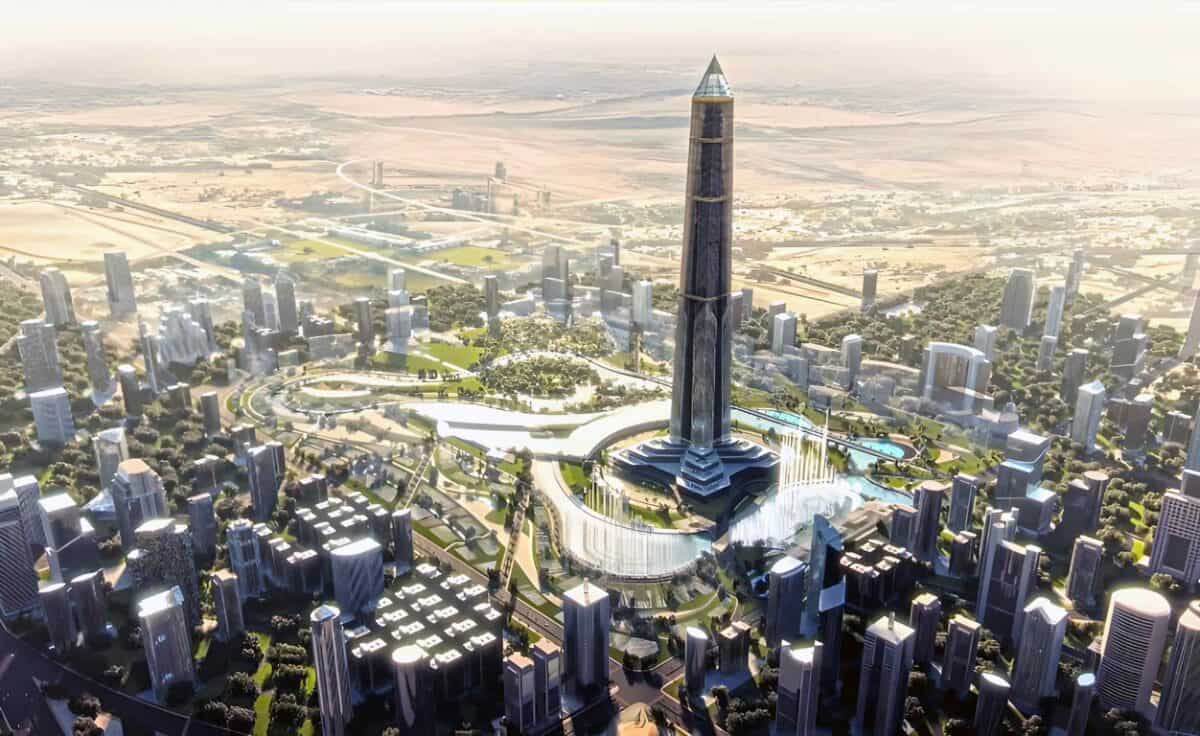
Egypt is currently building a new and as yet unnamed administrative capital to the east of Cairo. The proposed anchor monument of the city will be the Oblisco Capitale Tower, which will stand at 1 km (1,000 meters, or 3,281 feet) with around 200 floors. The developer is El-Nasr Housing and Development and the architect is IDIA Design headed by Ehab Mkhtar. The projected cost of the project is $3.2 billion.
The design of the building is inspired by the oblelisks of ancient Egypt, which also inspired the Washington Monument. The style also borrows from Art Deco. It will be surrounded by a moat reminiscent of the Nile River. The exterior will have louvres that will rotate during the day to shade the building from the glare of the sun and reduce air conditioning needs. When finished, the building will include apartments, several hotels, shopping malls, offices, medical centers, and theaters.
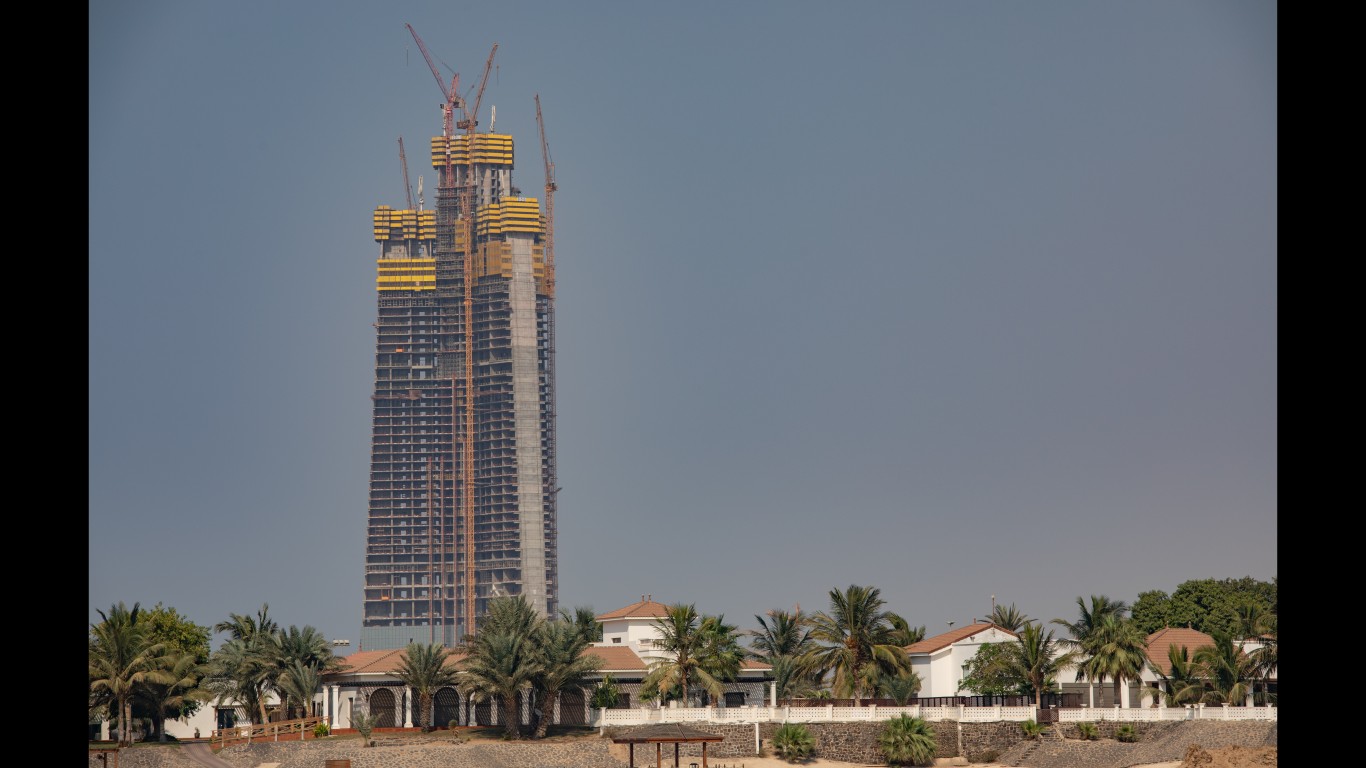
Jeddah Tower is currently under construction in the Saudi Arabian Red Sea port of Jeddah. Its planned height is 1,008 m (3,307 feet), making it over one kilometer tall. It was originally planned to be a mile tall (1,600 meters), but geological surveys indicated the land could not support a structure of that magnitude, so it was scaled back. Construction began in 2013 but was delayed for financial reasons and stalled with the building still only 1/3 completed. Construction restarted in May 2024 and is estimated to be complete by 2029.
The architect is Adrian Smith, who also designed Burj Khalifa, and the developer is Jeddah Economic Company. The architectural style is neo-futurism. The cost of the project is currently estimated at $1.23 billion. The building is located about 12 miles north of the current city and will be the center of a new commercial center. It will have 165 floors and 59 elevators and will house a Four Seasons hotel, apartments, condominiums, and offices.
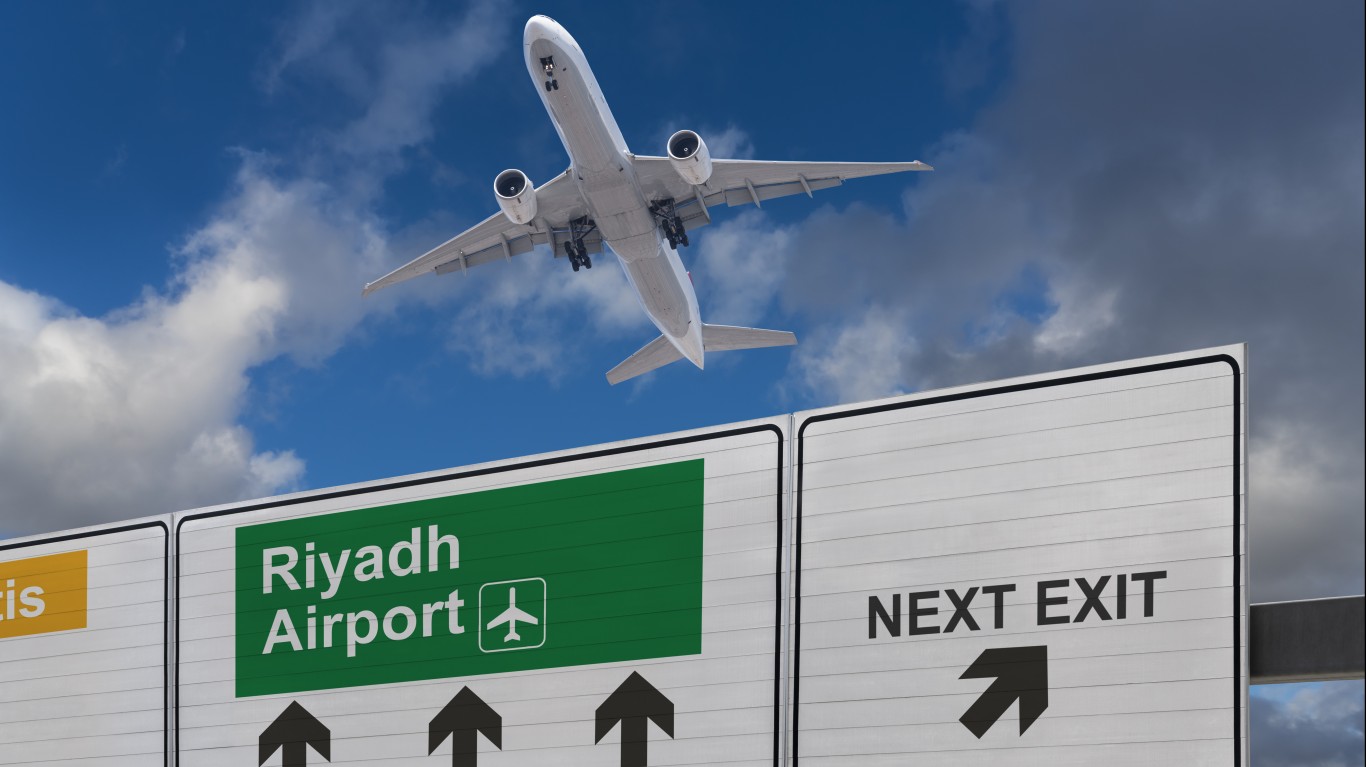
If Burj Khalifa, Oblisco Capitale, and Jeddah Tower make you woozy, Rise Tower will send you into a dead faint. This bad boy will be the first 2 km high building in the world, and at 6,562 feet tall, it will comfortably pass the 1-mile-tall building record as well. You’d have to stack up 4 Empire State Buildings to pass that height. It will have 678 floors and be powered by solar and other renewable energy sources. This link shows an animation of the prop0sed design alongside Burj Khalifa and the Jeddah Tower.
This mega skyscraper was proposed in 2023. It would be built near the King Khalid International Airport in Riyadh, the capital of Saudi Arabia, at a cost of $5 billion. The architectural firm designing it is Saudia Arabia Holding Company and the developer is the Public Investment Fund, which is the sovereign wealth fund that invests nearly $1 trillion of the government’s financial assets. Rise would be the centerpiece of a 306 square kilometer mixed-use real estate development called the North Pole Project.
If you’re one of the over 4 Million Americans set to retire this year, you may want to pay attention.
Finding a financial advisor who puts your interest first can be the difference between a rich retirement and barely getting by, and today it’s easier than ever. SmartAsset’s free tool matches you with up to three fiduciary financial advisors that serve your area in minutes. Each advisor has been carefully vetted, and must act in your best interests. Start your search now.
Don’t waste another minute; get started right here and help your retirement dreams become a retirement reality.
Thank you for reading! Have some feedback for us?
Contact the 24/7 Wall St. editorial team.